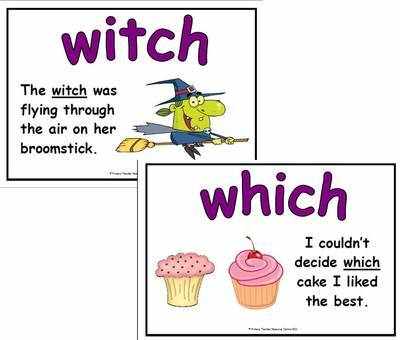Native
Americans – Current Situation
COMPREHENSION:
1.
About what percentage of the Native
Indian population lives on reservations? Where are the majority of these
reservations located?
Half of
the native population lives on reservations. The majority of these reservations
are situated west of the Mississippi River, and the Indians continue to live
there to maintain their traditions.
2.
What are some of the social
challenges faced by Native Americans? List what you believe can be the possible
causes of these challenges.
Unemployment,
poverty, alcoholism and drug abuse are some of the social challenges faced by
Native Americans. High rates of diabetes and heart disease are also a concern.
3.
Over which matters do tribal
governments have power?
The
tribal governments possess the right to form their own government, to enforce
laws (both civil and criminal), to tax, to establish requirements for
membership, to license and regulate activities, to zone and to exclude persons
for, tribal territories. Limitations on tribal powers of self-government
include the same limitations applicable to states; for example, either tribes
or states have the power to make war, engage in foreign relations, or coin money
(this includes paper currency).
4.
How does the sovereignties of Native
Americans fall short?
The
sovereignties of Native Americans fall short because of the treatment of the US-
government. They still wishes to govern Native American peoples and treat them
as subject to U-law. They would have to deal with them as with any other
sovereign nation.
5.
What does the BIA claim to be its
responsibility when it comes to Indian lands?
BIA
states that its responsibility is the “administration and management of
55,700,000 acres (225,000 km2) of land held trust by the Unites
States for American Indians, Indian tribes, and Alaskan Natives”.
Comprehension
Formulate questions to fit the following
answers:
6.
It happened one summer.
When did
it happen?
7.
I understood it when I saw the wine
bottle.
When did
you understand what was happening?
8.
He held it tight like a white man.
How was
his handshake like?
9.
It was because he was wearing dark
glasses.
Why didn’t
you se the Cop’s eyes?
10.
He hit Leon in the face.
What did
the Cop do?
11.
He was brought to hospital.
What
happened after?
12.
The cop was pointing a long bone at
me.
Did you
dream about the Cop the night after the episode?
13.
They discussed it at the pueblo meeting.
What did
they do with the hitting?
14.
They were followed by the state cop.
What
happened at the Grants?
15.
“Tony! You killed him, you killed
the cop!”
What did
Tony do?







